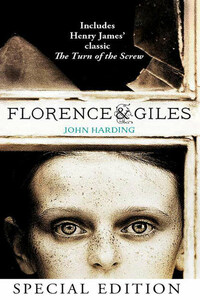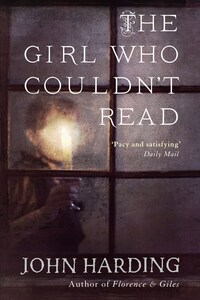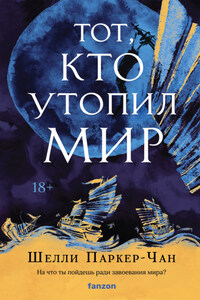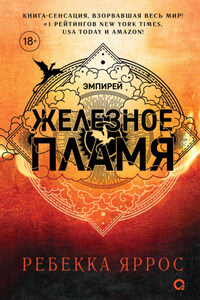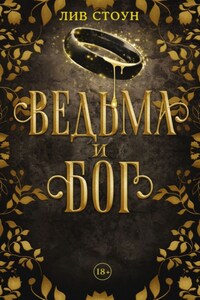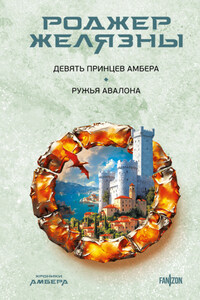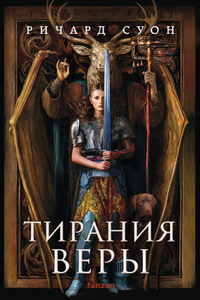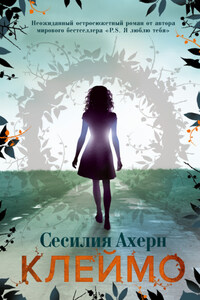It was April, I remember, though my spirit was December,
When a broken bird was lifted from the darkness of the lake,
In the sun white feathers gleaming, from her mouth black water streaming,
While within my voice was screaming until I thought my heart would break;
It was I who watched her dying, drifting, drifting, waiting in her wake
For God her soul to take.
It is a curious story I have to tell, one not easily absorbed and understood, so it is fortunate I have the words for the task. If I say so myself, who probably shouldn’t, for a girl my age I am very well worded. Exceeding well worded, to speak plain. But because of the strict views of my uncle regarding the education of females, I have hidden my eloquence, under-a-bushelled it, and kept any but the simplest forms of expression bridewelled within my brain. Such concealment has become my habit and began on account of my fear, my very great fear, that were I to speak as I think, it would be obvious I had been at the books and the library would be banned. And, as I explained to poor Miss Whitaker (it was shortly before she tragicked upon the lake), that was a thing I did not think I could bear.
Blithe House is a great barn, a crusty stone mansion of many rooms, so immense it takes my little brother, Giles, who is as fast of limb as he is not of wit, three minutes and more to run through its length, a house uncomfortabled and shabbied by prudence, a neglect of a place, tightly pursed (my absent uncle having lost interest in it), leaked and rotted and mothed and rusted, coldly draughted, dim lit and crawled with dark corners, so that, even though I have lived here all of my life that I can remember, sometimes, especially on a winter’s eve in the fadery of twilight, it shivers me quite.
Blithe is two-hearted, one warm, one cold; one bright, the other shadowy even on the sunniest of days. The kitchen, where the stove is always burny hot, is jollied by fat Meg, our cook, smiley and elbowed in flour, often to be found flirted by John, the manservant, who seeks a kiss but is happy to make do with a floury smack. Next door, with a roaring fire nine months of the year, is the housekeeper’s sitting room, where you may find Mrs Grouse either armchaired and sewing or desked with a puzzlery of papers, trying, as she says, to ‘make head nor tail’ of things and – what seems to me contradictory – to make their ends meet. These two rooms together make one heart, the warm.
The cold heart (but not for me! Ah, not for me!) beats at the other end of the house. Unloved and unvisited, save by me, the library could not be more unlike the kitchen: unfired, cool even in the burnery of summer, freezing in winter, windows darked by never-opened thick drapes, so I have to steal candles to read there and afterward scrape their guilty drippery from the floor. From one end to the other is one hundred and four of my shoed feet, and thirty-seven wide. Three men could stand one upon the other and scarce touch the ceiling. Every inch of wall, aside from the door, the draped windows and their window seats, is wooden shelving, from floor to ceiling, all fully booked.
No maid ever ventures here; the floors are left unbroomed, for unfootfalled as they are, what would be the point? The shelves go unfingerprinted, the wheeled ladders to the upper ones unmoved, the books upon them yearning for an opening, the whole place a dustery of disregard.
It has always been so (apart from the governessed times, of which more anon), leastways as far as I remember, for I first made my way here a third of my lifetime ago, when I was eight. We were then still ungovernessed, because Giles, who is some three years my junior, the one the teaching’s for, was considered too young for school or indeed any kind of learning, and we were hide-and-seeking one day when I opened a strange door, one that hitherto had always been locked – or so I had thought, probably on account of its stiffness, which my younger self could not manage – to refuge from him there, and discovered this great treasury of words. The game was straightway forgotten; I shelf-to-shelfed, extracting book after book, the opening of each a sneezery of dust. Of course I could not then read, yet that somehow wondered me even more, all these thousands – millions more like – of coded lines of undecipherable print. Many books were illustrated, woodcutted and colour-plated, a frustratory of captions beneath, every one of which taught me the miserable impotence of finger-tracery.
Later, after I had been scolded for going missing for so long that Mrs Grouse had everyone searching for me, not only all the maids but floury Meg and John too, I asked her if she would teach me to read. I instincted not to mention the library and it feared me quite when she gave me a quizzical look and said, ‘Now missy, what in the world has made you think of that?’
